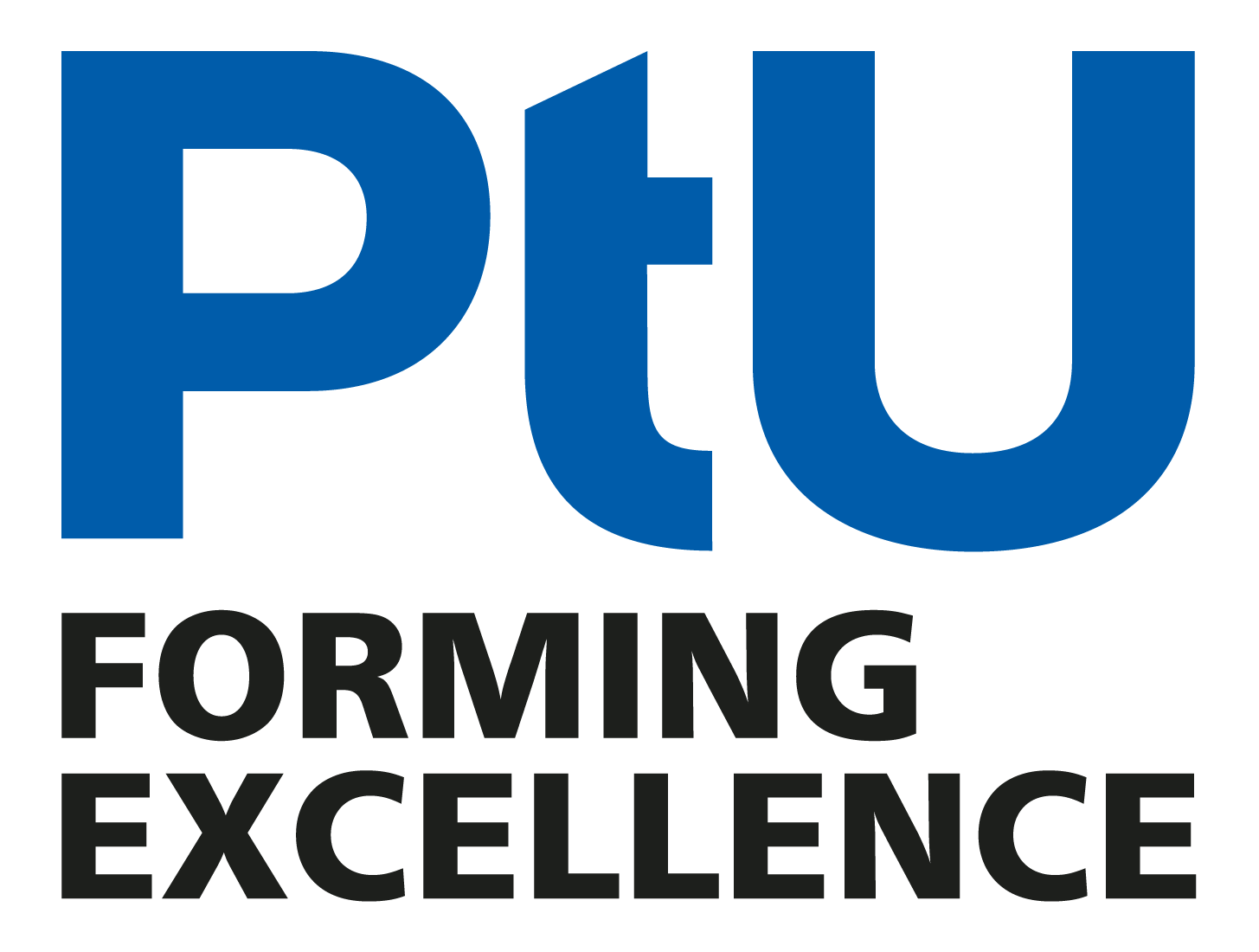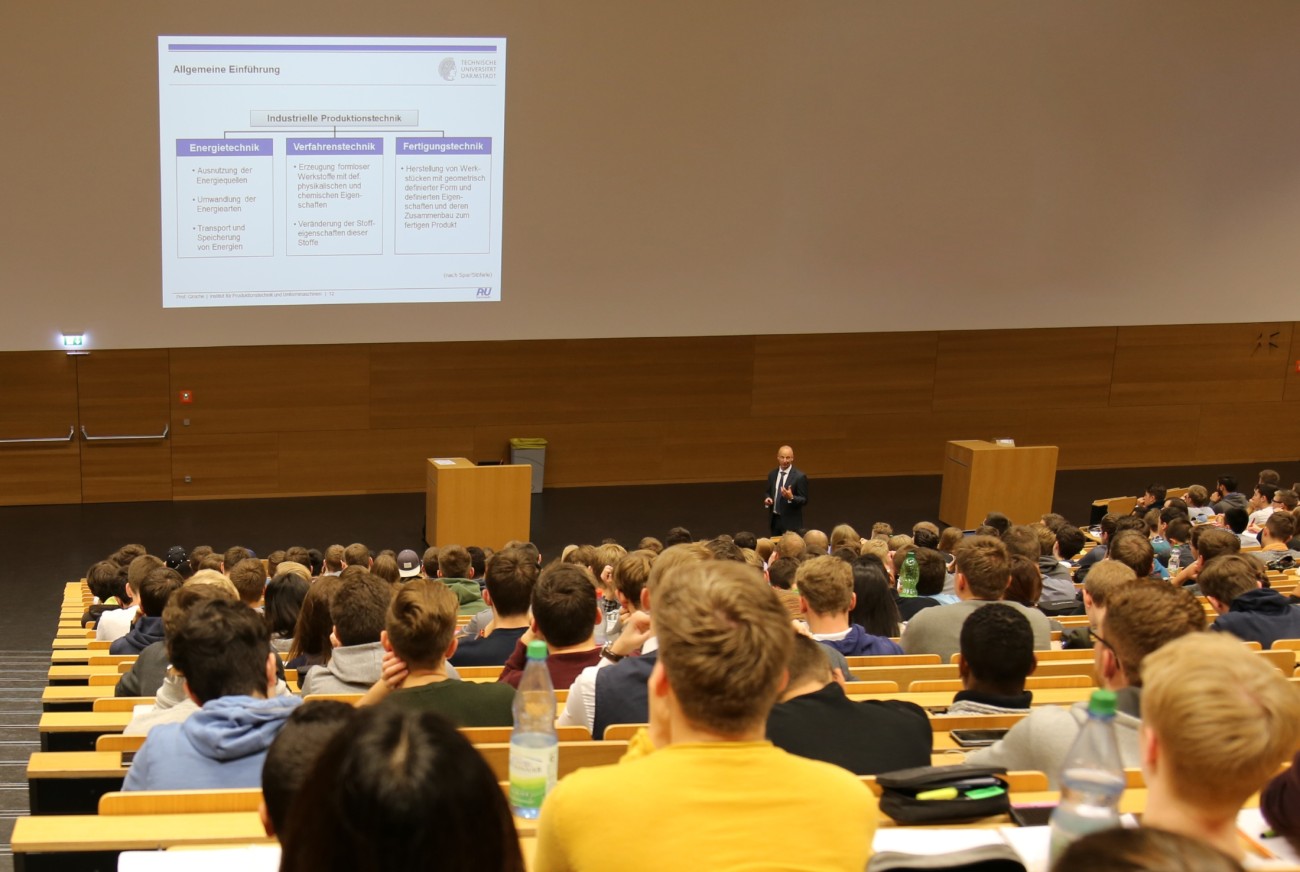| Lectures | Semester hours per week | Credit Points | Bachelor/Master |
| Production Technology | 3 | 6 | Bachelor |
| Lasers in Manufacturing | 2 + Exercise | 4 | Bachelor |
| Metal Forming I + II | 2 | 4 | Master |
| Machine Design I + II | 2 | 4 | Master |
| Quality Management | 2 | 4 | Master |
| Machine Tools and Robots | 2 | 4 | Master |
Lectures
Whether Bachelor or Master: We offer a large number of practical lectures in the field of production and forming technology. Excursions to industrial partners or practical exercises in our own test facilities, for example at the laser or with latest measurement technologies, make the theoretical contents tangible.




